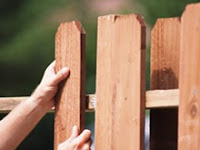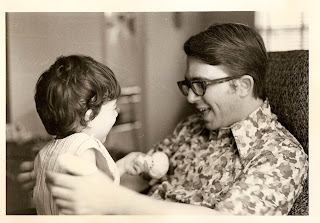 |
| Found here |
There are those posts that are fun to write and flow out of my mind to my keyboard like cold grape flavored Crystal Light going down my throat on a hot summer day. There are also those posts that seem like the four teaspoons of cough medicine that tastes awful, but you know that you really have to just take it so that you’ll feel better. This is one of those.
I recently spent a number of days with my family on a mini-vacation (nothing too exotic, since we only drove three hours from Chicago) and my wife pointed out that I tend to complicate decisions by over-thinking things, instead of striving to make things simple. As usual, she’s right. Instead of deciding what to have for lunch, for example, I found myself chesboning what I would be eating later, what snacks I might want, etc. based on if my lunch was to be fleishig, milchig, or parve.
It’s sort of the trap that Rav Moshe Weinberger often refers to as “eating from the eitz ha’daas tov v’ra” (I most recently heard this referenced on his Bilvavi I, shiur #9 mp3, but he has also mentioned it in his Oros HaTeshuva shiurim, as well as on Shavuos night a number of years ago). The idea behind this is phrase is that we often over-intellectualize issues, actions, and decisions. For example, let’s say that you see a friend and what to say, “Hi. How’s it going?” If you start hemming about if you really should say “Hi” to your friend, what if he’s in a bad mood, or if you really even care how he’s doing, then you are eating from the eitz ha’daas tov v’ra. You are making a simple thing way to complicated.
As I think about a writing project I took upon myself a number of months ago, I see that I haven’t gotten as far as I wanted, because I was very concerned about “crafting” my writing style to the point that it has prevented me from the real act of working on the body of the project. I’m not saying that it’s not important to contemplate things and think out things, but I am beginning to see that at times my own over-thinking gets in the way of both progression and potenial.
So here I am, hoping not to really give this topic too much thought and, simply (pun intended), change my ways. Since it’s Rosh Chodesh Elul, I’m figure that I’ve got this month to try to catch myself over-thinking and tell myself, “Stop and get simple”. I guess this is easier written than done. However, Elul itself, is full of simplicity. We have guidelines on how to do teshuva, we listen every morning to the simple sound of the shofar, and with school starting for my kids, I’m reminded that a new year and a fresh start are upon me.
As an aside, I found a great shiur from Rav Tzvi Aryeh Rosenfeld zt’l, a pioneer in Breslov chassidus in America and E”Y (and also a talmid of Rav Avraham Yaffen, the son-in-law of the Alter of Novardok and Rosh Yeshiva Beis Yosef Yeshivah in Brooklyn) online about Simplicity that I have found quite helpful.







